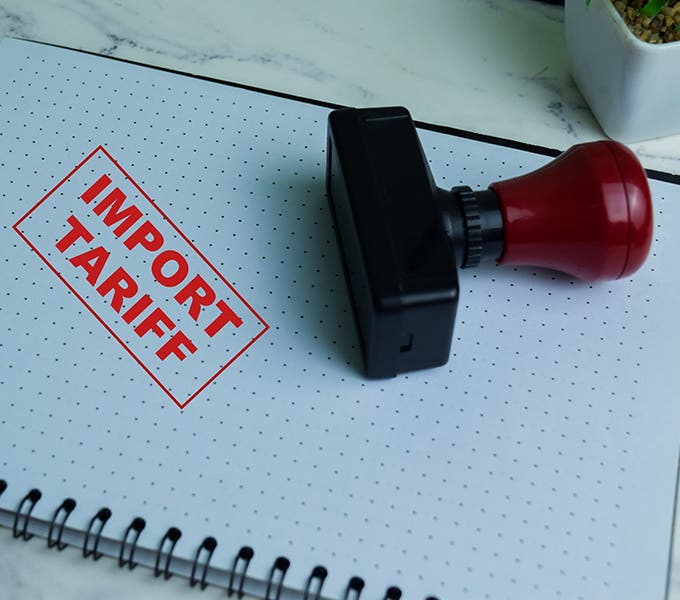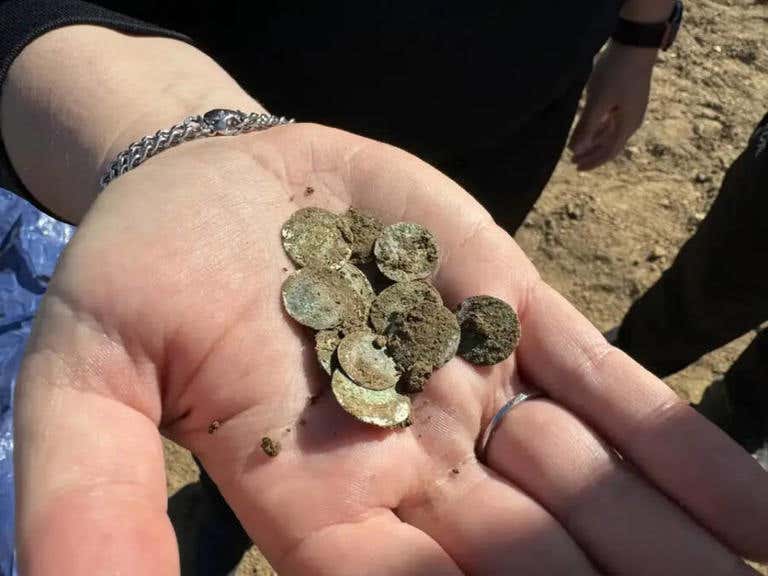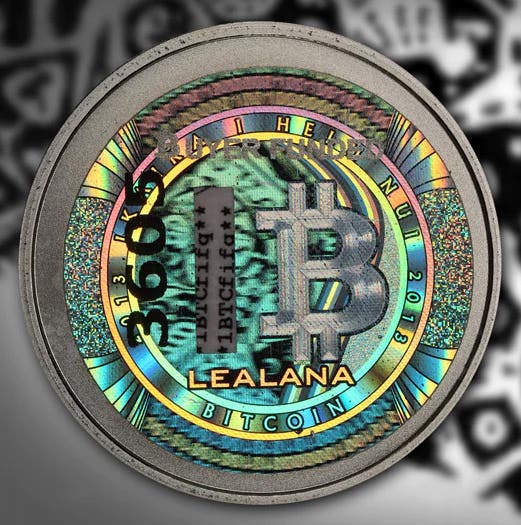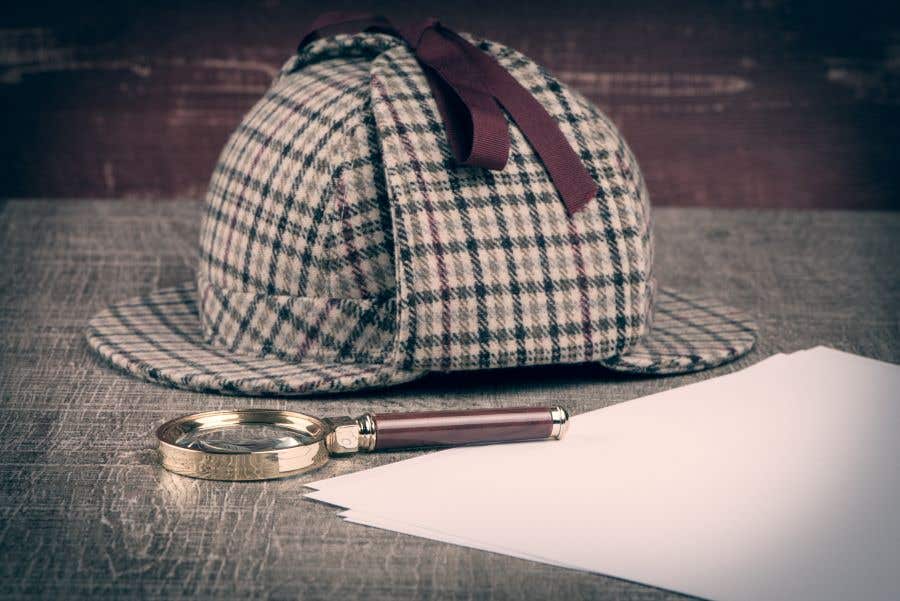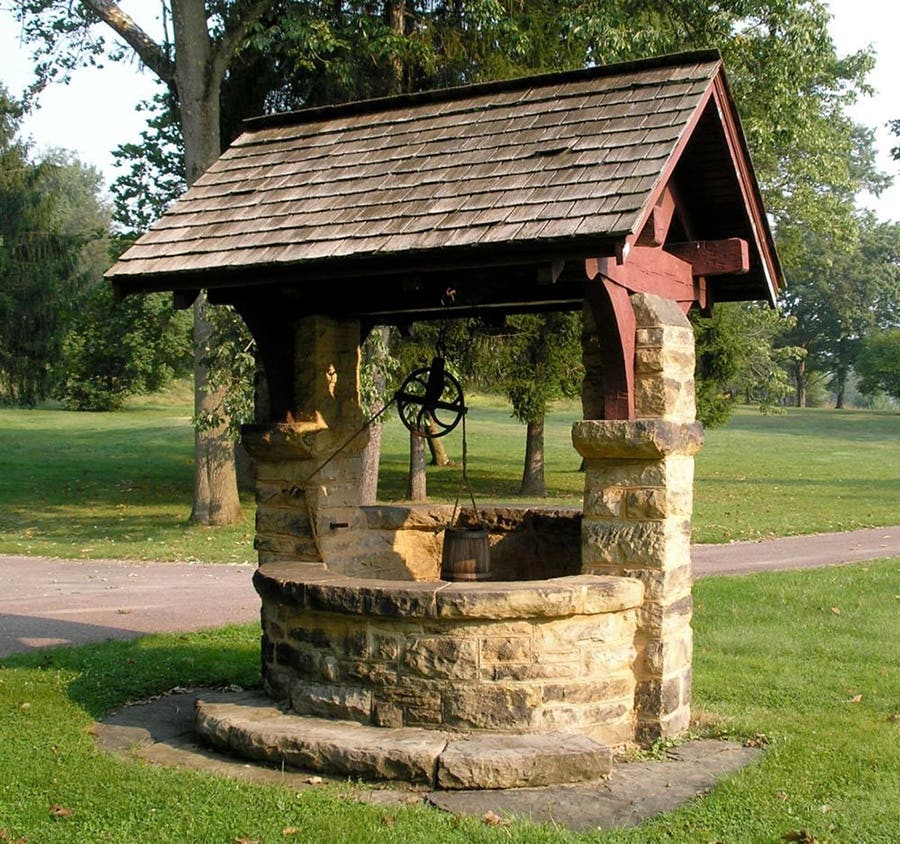Why Are Coins Round?
■ Coins have been relatively round for most of their existence. Was there a specific reason primitive coinage was chosen round? The first coins in the Western tradition were issued…
■ Coins have been relatively round for most of their existence. Was there a specific reason primitive coinage was chosen round?
The first coins in the Western tradition were issued about 650 B.C. in Lydia in Asia Minor. These coins were made from lumps of electrum, a mix of gold and silver found naturally in local streams. Since the images were struck onto these globs or nuggets, the finished product was somewhat round, although crude and minted without using a collar.
■ When did coin collecting start as a hobby?
Mithradates VI Eupator of Pontus (135-63 B.C.) was known to have an art collection that included coins. This is documented in the inventory of what was looted from Mithradates once he had been defeated by Roman General Pompey “the Great.” Roman Emperor Augustus was known to give coins he perceived as being “ancient” as gifts from his collection. Classical authors Pliny and Plutarch wrote of famous art collections that likely included coins. Gold augustalis coins of Frederick II von Hohenstaufen (1212-1250) are similar in appearance to ancient Roman coins, suggesting someone was aware of the appearance of these previous coins even prior to Renaissance Europe.
■ Most new issues these days are commemorating something. Were there a lot of commemorative coins in early to ancient times?
The non-circulating legal tender (and sometimes not legal tender) commemorative is a modern phenomenon. Commemorative coins have been with us almost since the dawn of coinage, but these were meant to circulate as money. The moon appearing near the owl on ancient Athenian tetradrachms is meant to commemorate the Battle of Marathon. The Romans commemorated all sorts of political and family events on their coins. The original intent of these commemorative themes was communications – telling the public what a great guy the emperor was! It wasn’t until the late 19th century that commemoratives as we know them became commonplace.
■ How do you know you’re dealing with a reputable coin dealer? Is there a good way to vet who you’re talking to, especially when at a coin show where you may be talking to people you don’t normally interact with and/or are new to the hobby?
It would be challenging for a coin dealer to be less than reputable at a coin show, considering dealers are set up almost shoulder to shoulder on the bourse. You can comparison shop what you are selling or buying at a show, something you can’t do at someone’s brick-and-mortar or internet store. Dealers who have been in business for a long time are known members of major numismatic organizations, and those whose reputation goes before them are likely to be honest. I would be more wary of vest pocket dealers not well known to the local coin collecting crowd. Join a local coin club. The opinion of the club members counts.
E-mail inquiries only. Do not send letters in the mail. Send to Giedroyc@Bright.net. Because of space limitations, we are unable to publish all questions.



